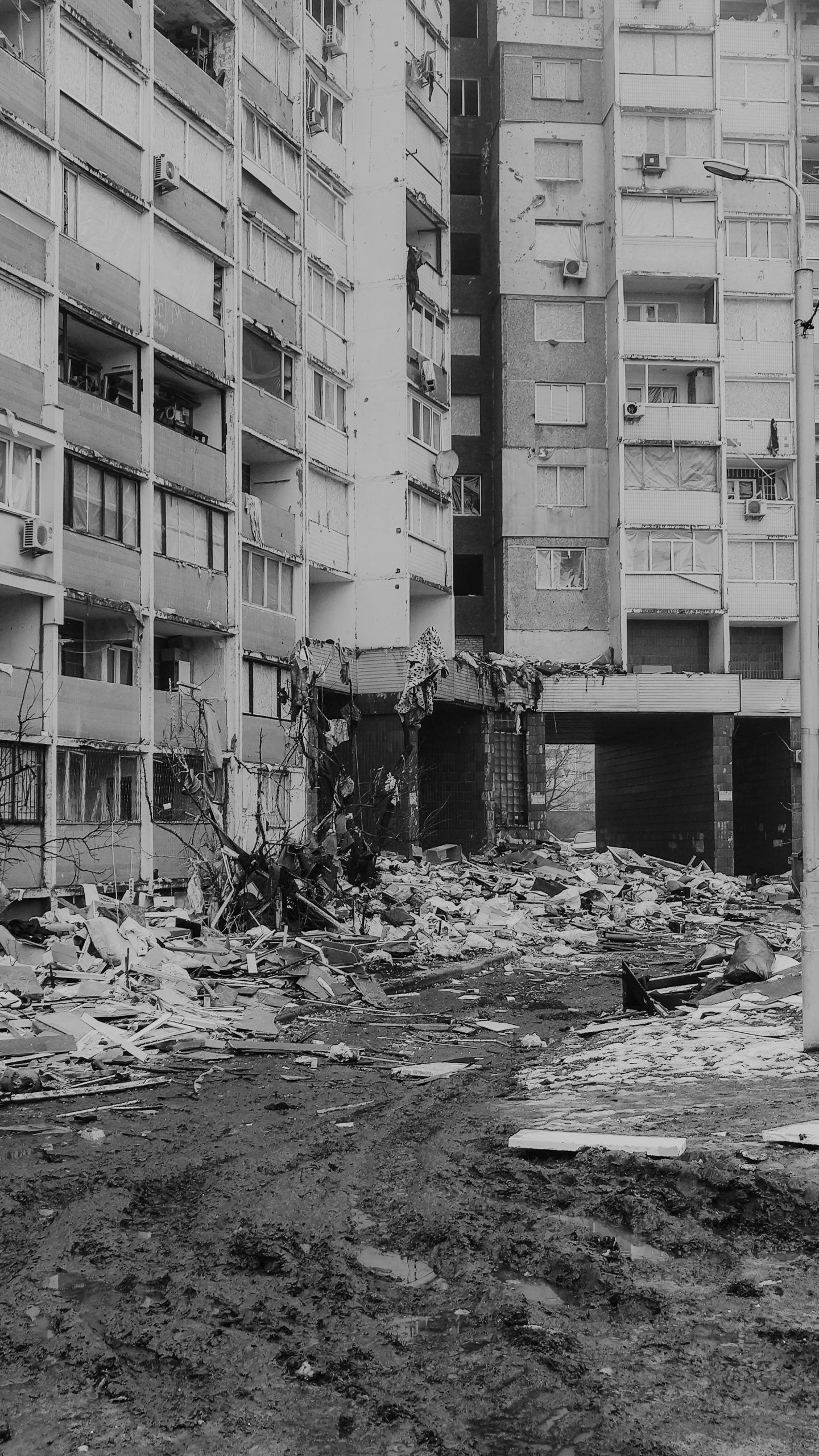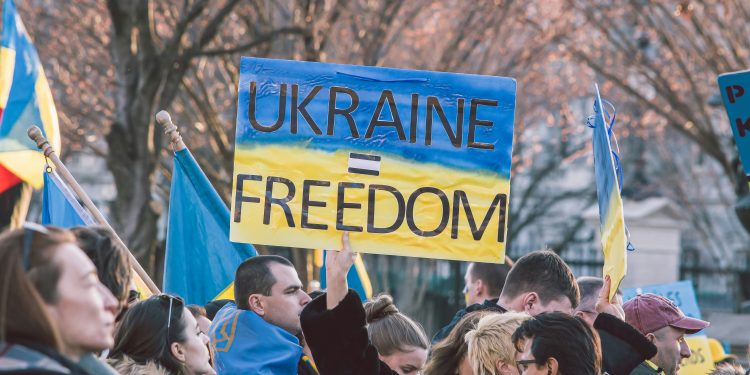War is as old as mankind. As an African proverb says, “When elephants fight, it is the grass that suffers.” It is one of the most destructive forces in human history. It changes the lives of people, the shape of countries, and even the way the world is run.
Some wars last a few months, others drag on for years. The war between Ukraine and Russia has been going on for years, with cities reduced to rubble and millions displaced. In the Middle East, the war between Israel and Palestinian groups has brought endless cycles of pain. In Africa, we have seen long and bloody conflicts, from the Rwandan genocide to the Liberian civil war.
Wars may end on paper, but their marks remain for generations. Winston Churchill once said, “In war, you do not have to be right, you just have to be alive at the end.” The cost of survival is always high.
Why Wars Start
Wars start for many reasons. Some begin because of land disputes, like the fight over territories in Ukraine. Others are caused by the struggle for power, religion, or natural resources like oil and gas. The civil wars in Sudan and Angola were fueled by resource control.

Sometimes leaders use war to prove strength or distract from problems at home. As another proverb warns, “The axe forgets, but the tree remembers.” Leaders may forget the damage once the war is over, but the people never do.
When countries disagree, they may try peace talks first. But when talks fail, weapons often replace words. Once the first shot is fired, stopping the war becomes very hard.
The People Who Suffer Most
In every war, it is ordinary people who pay the highest price. Homes are destroyed. Families are forced to run for safety. Many lose loved ones. Children miss school. Food becomes scarce.
Even when soldiers are the ones fighting, the pain spreads to villages far from the front line. In Syria, Yemen, and the Democratic Republic of Congo, entire communities have been wiped out by wars they did not start.
Refugees often leave everything behind to start over in strange lands. They may live in crowded camps or poor housing. Life is never the same. The Nigerian-Biafran war left many families scattered forever.
The Role of Other Countries
Wars rarely stay inside one nation’s borders. Other countries may choose sides. Some send weapons, others send food or try to help with peace talks. The Ukraine war has pulled in NATO, the EU, and the United States, while Russia has drawn support from its allies.
Powerful nations can make peace come faster, but they can also make wars worse by supporting one side too strongly. As the proverb goes, “When the drummer changes the beat, the dancer must change the steps.” Outside powers often change the rhythm of a war.
International groups like the United Nations try to bring leaders together. But no matter how many meetings are held, nothing works unless all sides are ready to listen.
Life After War
When a war ends, the hardest work begins. Cities must be rebuilt. Roads, schools, and hospitals need repair. People return to ruined homes and must start from scratch. Soldiers carry both visible and invisible wounds.
Peace after war is fragile. If leaders do not fix the root causes of the conflict, the fighting can start again. In Somalia, civil war ended on paper many times, but without trust and unity, new fighting broke out.
Rebuilding trust is as important as rebuilding roads. As the saying goes, “You can mend a broken wall, but you cannot mend a broken heart.”
Lessons the World Must Learn
History has shown that war rarely solves problems completely. Even when one side “wins,” the scars remain. Generations grow up with anger and pain. The Rwandan genocide left a legacy of trauma that is still being healed decades later.
The world has learned again and again that talking is cheaper and safer than fighting. Respect for borders, resources, and human dignity is the best way to avoid war.

A Hope for Peace
Despite the dark history of war, peace is always possible. It takes courage for leaders to sit down and talk, patience to listen, and strength to forgive. Nelson Mandela once said, “Courage is not the absence of fear — it’s inspiring others to move beyond it.”
The future of nations depends not on who wins the war, but on who is wise enough to end it. As long as there are people who believe in peace more than power, there is hope for the world.

















